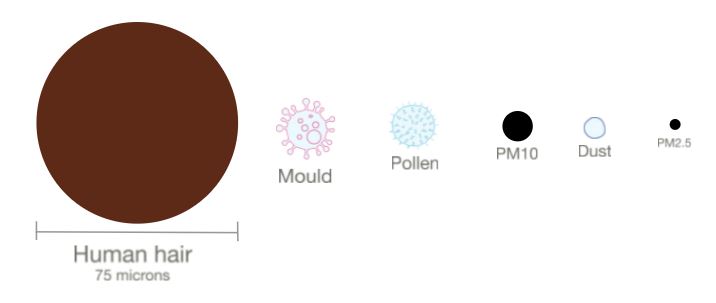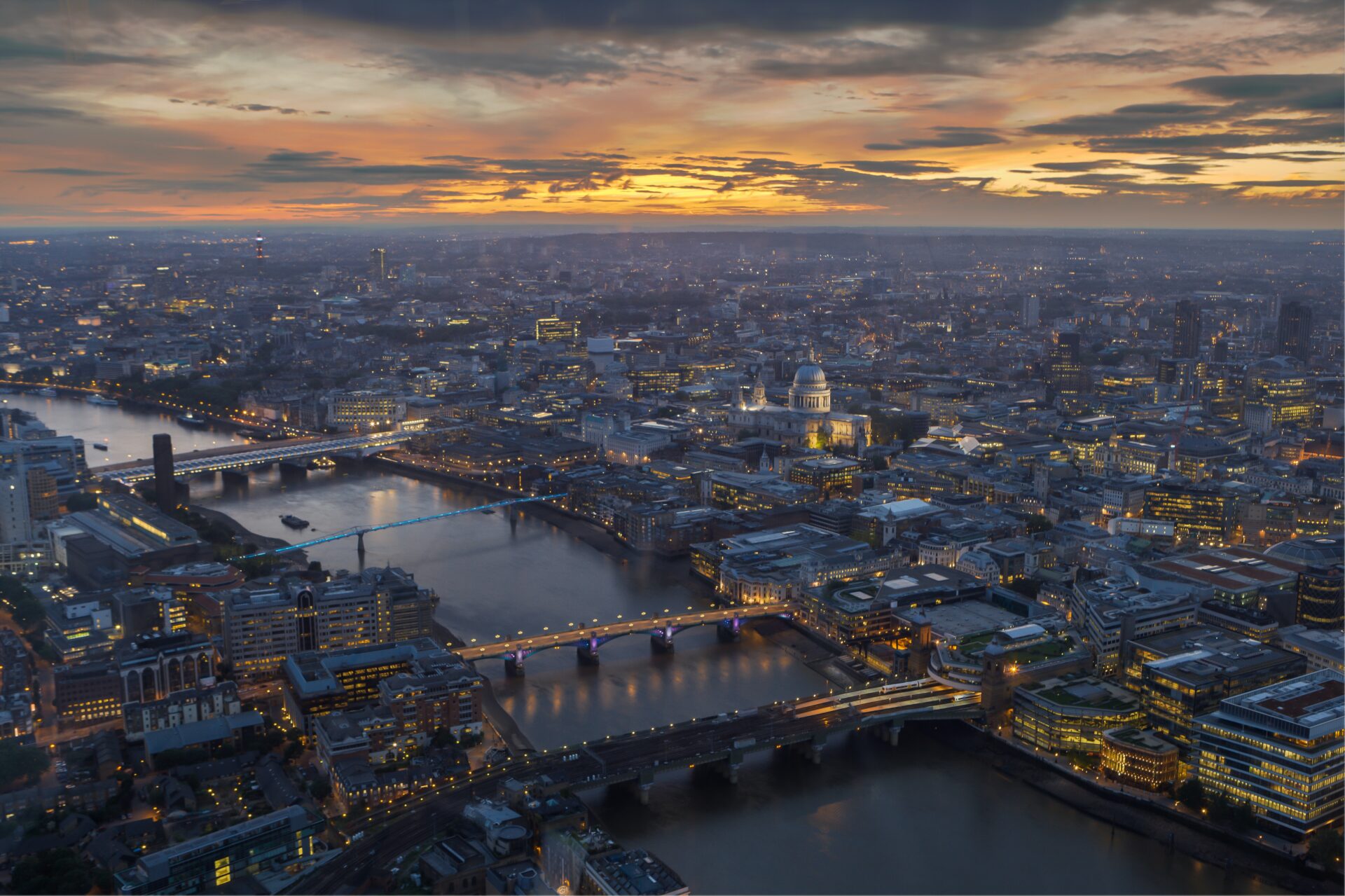Just how bad is air pollution for your health?
You’ve probably noticed there’s been lots in the news about air pollution.
Media coverage has focused on the effects of lockdown on air quality, on the Ultra Low Emission Zone (and other clean air zones around the country), and ongoing debates about low traffic neighbourhoods.
Sadly, this coverage has been usurped by paid-for misinformation campaigns on social media, racist abuse, and aggressive trolling.
Among all this conflicting information, it’s difficult to know what’s accurate and what’s not.
The health effects of air pollution
In April, I wrote a thread summarising the research into the health effects of air pollution. I linked to research that has shocked me the most while learning about air pollution in the last three years.
It quickly became the most read tweet I’ve written. I think that’s because people are concerned about air pollution, but online misinformation and toxic messages make it intimidating to ask questions.
The research shows us that chemicals in the air are devastating our health. Most people across the UK, particularly those in urban areas, are breathing air that surpasses the World Health Organization’s guidelines.
Clean air is a human right. Air pollution, therefore, limits the freedom of most people on Earth, and some people more than others.
What does air pollution cause?
Air pollution causes a range of health issues. It can affect:
- Cardiovascular health: heart attacks, stroke, heart failure, hypertension and lung cancer
- Pregnancy outcomes: low birth weight and preterm births
- Respiratory systems: air pollution exacerbates asthma, chronic obstructive pulmonary disease (COPD), reduced lung development in children, and acute respiratory infections.
Air pollution is also linked to dementia and cognitive decline, type 2 diabetes, depression and anxiety, stillbirths and other complex pregnancy outcomes, and autoimmune diseases. There is also emerging evidence which suggests links between air pollution and reproductive health (including fertility and sperm quality), skin conditions such as eczema, worsening of long Covid, and Parkinson’s disease.
How bad is it? Deaths from air pollution
It’s bad. Worse than people may realise.
Globally, air pollution is estimated to contribute to one in five of all deaths. When factoring in deaths from indoor air pollution, estimates rise as high to ten million deaths per year.
In the UK, air pollution is estimated to contribute up to 43,000 deaths per year, 4,000 of those in London.
Air pollution reduces healthy lifespan. It cuts short the lives of billions of people by up to six years, making it a far greater killer than smoking, car crashes or HIV/Aids.
Some people on social media often refute the above information, often asking why – if the above research is true – air pollution isn’t attributed as an official cause of death. The reason is because air pollution causes health issues, which can be fatal. For example, air pollution contributes to cancer.
How does air pollution intersect with discrimination, inequality, and racism?
At Impact on Urban Health, we often say “air pollution is a social justice issue”. We also point out the links between air pollution and systemic racism.
People often question this, sharing their views on social media or in the below the line comments on news articles. “How can air pollution discriminate based on a person’s skin colour?” people ask.
The Lancet Commission on Pollution and Health summarises it well: “…in countries of every level of income, the health effects of air pollution are most frequent and more severe among the poor and the marginalized.”
The Lancet’s observation is evident in London, where we test interventions to improve air quality.
Research shows Black, Asian, and children from other minoritised communities, and children in areas of deprivation in London, all experience greater air pollution burden. Similarly, a recent report from the Greater London Authority found that Black people and people from other minoritised communities are more likely to be affected by air pollution.
This finding is reflected in major cities across the UK, where Black residents are being exposed to more levels of illegal air pollution than any other ethnic group.
Of course, air pollution itself can’t discriminate. But the effects aren’t equal.
It’s easy to understand that people in cities are disproportionately affected by air pollution. Within those cities, it’s children, older people, people with health conditions, people who live in areas of deprivation, and people from minoritised communities who are most affected.
Air pollution, cancer, and heart disease
The more air pollution a person breathes, the more likely it is they will develop cancer.
In fact, for every ten microgram per cubic meter (µg/m³) of increased exposure to fine particulate matter (PM2.5), the risk of dying from any cancer rises by 22%.
(For context, the UK Government announced in December 2022 that they have set a target of ten micrograms per cubic meter for PM2.5 by 2040. The average annual levels in London were over 13 micrograms per cubic metre in 2019.)

Another study finds that: “Each 10-µg/m3 elevation in fine particulate air pollution is associated with approximately a 4%, 6%, and 8% increased risk of all-cause, cardiopulmonary, and lung cancer mortality, respectively.”
Air pollution affects people throughout their entire lives. From before birth to death, air pollution increases the risk of stroke, dementia, cancer, multiple longer-term illness including respiratory and cardiovascular disease, and early death. The same research concludes that even low levels of air pollution are harmful to health.
Air pollution and maternal health
Exposure to air pollution increases the risk of premature birth and significantly increases the risk of low birth weight in babies, leading to lifelong damage to health.
Air pollution is as harmful for pregnant women as smoking when it comes to rising the risk of miscarriage. Research has also found pollution particles in placentas.
Air pollution and the climate emergency
Even if burning fossil fuels wasn’t causing the climate emergency, the loss of life caused by air pollution is enough justification to stop burning them.
Globally, it’s estimated that two degrees of global warming will lead to an extra 153 million deaths this century from the air pollution caused by burning fossil fuels.





